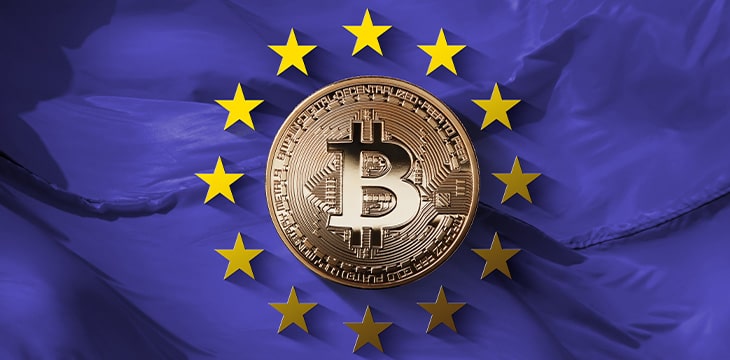|
Getting your Trinity Audio player ready...
|
The European Parliament is calling for clearer definitions and a simplified tax structure for dealing with digital assets. MEPs has adopted a non-binding resolution that could eventually see uniform rules for the evaluation and taxation of digital assets across EU member states, and use blockchain features to develop more efficient methods to combat tax evasion.
It echoes recent moves in the United States Congress to create a uniform and simple rules for taxation of digital asset transactions, such as the Responsible Financial Innovation Act. Digital asset users and traders have long accepted taxation as a reality. However, there are frequent complaints about the clarity of rules, differing rules between states/nations, and which authorities have jurisdiction over different aspects of the digital asset world.
The European resolution calls for a “clear and broadly accepted definition of crypto assets and for a coherent definition of what would constitute a taxable event.” It recommended that any conversion between digital assets and national fiat currency would be the best definition of such an event. However, it asked the European Commission to specifically examine this point and identify other possible issues (e.g., in which country a cross-border payment should be taxed).
It also said member states’ national administrations should use all available instruments to enable efficient taxation methods for digital assets. Blockchain networks themselves have features that could automate tax collection, identify owners, and reduce corruption, it said. Calling this “leveraging the blockchain for better tax collection,” it recommended further research into providing analytical capacity to tax collection agencies and for national bodies to continue modernizing their approaches to digital assets.
Additionally, the draft recommended that EU members’ national tax agencies work to unify their own definitions for digital asset taxation and add digital assets to the exchange of information framework in the Union’s directive on administrative cooperation.
Which blockchains could be ‘leveraged’?
The EU’s call to leverage blockchain technology to streamline tax collection is interesting. This works in accordance with Bitcoin’s principle of “triple-entry accounting,” in which the blockchain adds a third definite (and unalterable) record to standard double-entry account keeping. It would be best to use a blockchain capable of running additional functions on either the base or separate contract layers to do this efficiently—BSV does this best thanks to its ability to process large (actually unbounded) amounts of data.
It also puts the focus back on the importance of keeping records on chain. If transactions are moved to separate “side chains” or payment networks, as is necessary for BTC to function as a payments network, it would be more difficult for tax authorities to keep records of every transaction and thus to automate any taxation processes.
The resolution was drafted by Portuguese MEP Lídia Pereira of the European People’s Party (EPP) group. It passed with 566 votes in favor, seven against, and 47 abstentions in a plenary session this week. The European Parliament itself cannot initiate legislation, but instead adopts certain resolutions to present to the European Commission, which would need to approve it before a formal vote happens. From there, individual national parliaments would each have to legislate to adopt any new laws.
This week’s EU resolution is more of a “work to achieve” guideline rather than an attempt to set definite rules. However, given the ever-growing popularity of digital asset trading and business, governments are eager to create more transparent tax frameworks that reduce confusion and help to fight tax evasion. There is obvious support for clearer rules among legislators in countries where trading is popular, while trading exchanges have tended to show support for new rules so long as they are consulted as part of the process, and it makes their work easier.

 02-27-2026
02-27-2026 




